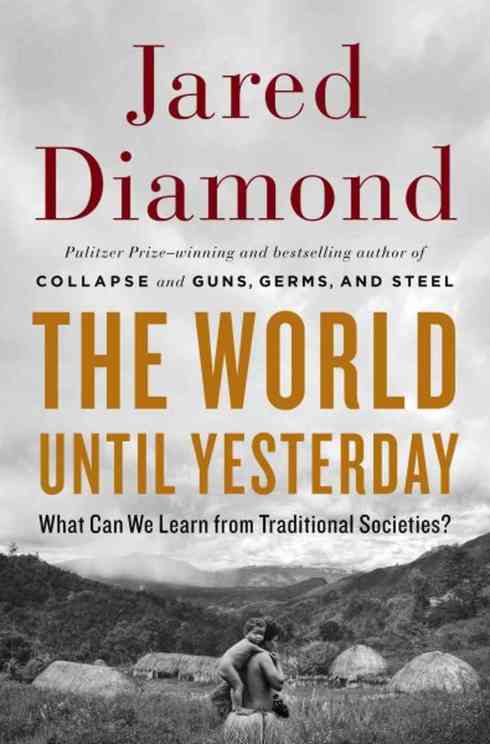Today Slate.com posted an article titled “Why Are We the Last Apes Standing? How Childhood Let Modern Humans Conquer the Planet.” It’s a brief piece based on journalist Chip Walter’s newly released book Last Ape Standing: The Seven-Million-Year Story of How and Why We Survived.
Walter emphasizes the significance of our relatively long period of childhood and our strong desire to learn. Here’s a summary of his thesis:
“The reason we are still here to ruminate on why we are still here is because, of all those other human species [extinct members of the genus Homo], only we evolved a long childhood…Human children are the most voracious learners planet Earth has ever seen, and they are that way because their brains are still rapidly developing after birth. Neoteny, and the childhood it spawned, not only extended the time during which we grow up but ensured that we spent it developing not inside the safety of the womb but outside in the wide, convoluted, and unpredictable world…Our extended childhood essentially enables our brains to better match our experience and environment…If not for our long childhoods, we would not be here at all, the last apes standing. Can we remain standing? Possibly. I’m counting on the child in us, the part that loves to meander and play, go down blind alleys, wonder why and fancy the impossible.”
Check out Slate.com for the full article or Amazon.com for the book (links above).

